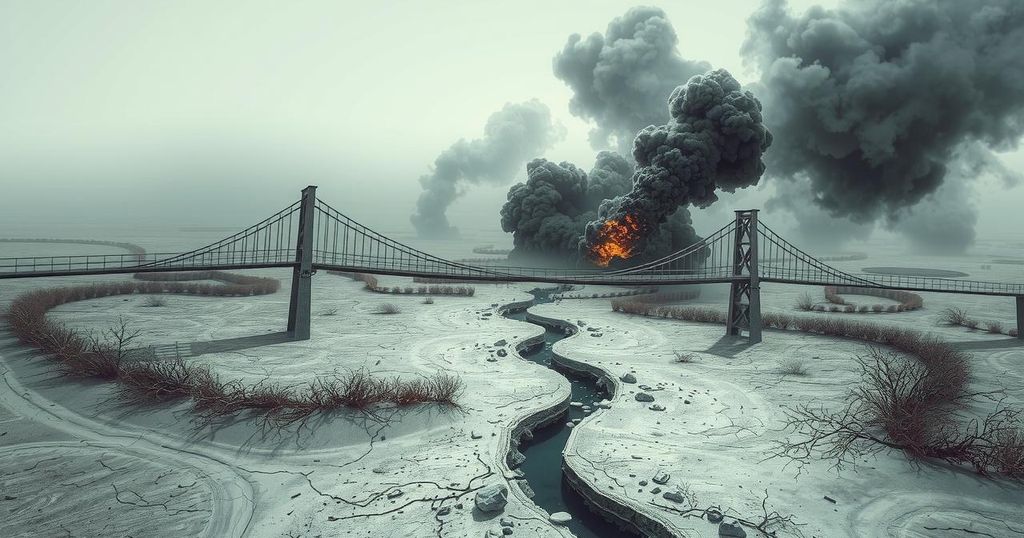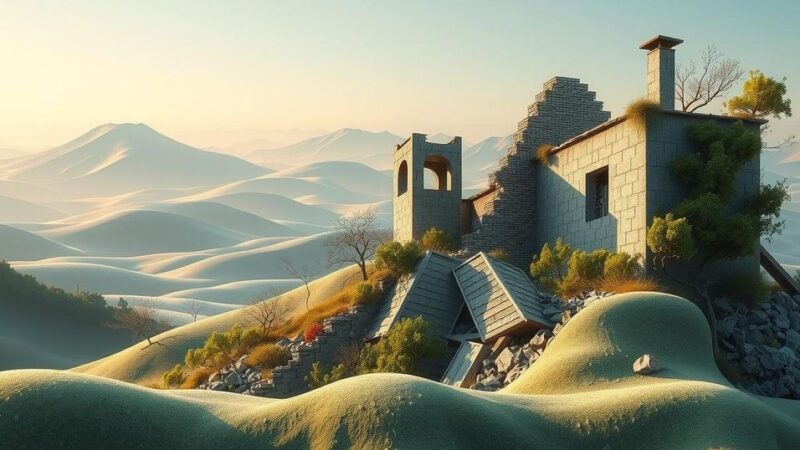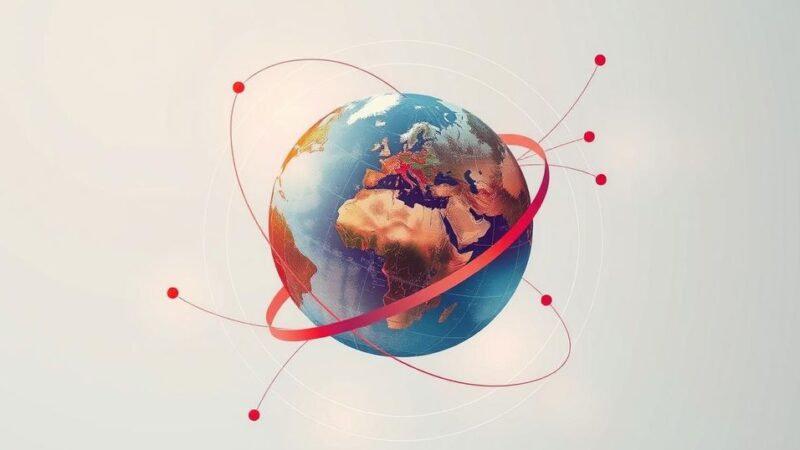The conflict in eastern DR Congo centers around Goma, a city now contested by the M23 rebel group. This instability has roots in the aftermath of the Rwandan genocide and the ongoing struggle for control over valuable mineral resources. Regional dynamics, especially involving Rwanda’s alleged support for the M23, complicate the conflict, with deep historical grievances fueling ongoing violence.
The ongoing conflict in the eastern Democratic Republic of Congo, particularly surrounding the city of Goma, originates from complex historical dynamics and resource competition. The region, rich in minerals, has been plagued by conflict since the aftermath of the 1994 Rwandan genocide, involving numerous armed groups vying for control and power. The M23 rebel group has recently advanced into Goma, asserting their control amidst ongoing disputes with the Congolese government regarding the city’s status.
The M23 group, primarily composed of ethnic Tutsis, argues their armed struggle is a defense of minority rights. They derive their name from a peace treaty signed on March 23, 2009, which they contend has not been honored. Initially formed in 2012, the M23 gained territory, including Goma, leading to accusations of war crimes. Although a coordinated military effort expelled them, they re-emerged in 2021, accusing the government of breaking prior promises.
Rwanda’s involvement in the crisis has been a contentious issue, with accusations of support to the M23 dating back to 2012 despite official denials. Recent reports indicate Rwandan troops may be actively participating alongside the rebels. Rwanda attributes the violence to threats against its security, asserting that the Congolese government refuses dialogue with the M23.
The current outbreak of violence is significantly tied to the Rwandan genocide, which generated immense displacement and heightened ethnic tensions in the region. An estimated one million Hutus fled to the DR Congo post-genocide, exacerbating fears among the local Tutsi community. Rwanda has previously intervened militarily under the pretext of combatting those responsible for the genocide, but critics argue they seek to exploit eastern Congo’s resources instead.
In summary, the conflict in DR Congo involves a convergence of historical grievances, ethnic tensions, and the pursuit of lucrative mineral resources, with neighboring Rwanda playing a complex role. With ongoing fighting, prospects for peace remain tenuous, necessitating sustained diplomatic engagement to address the grievances of all involved parties and to find a resolution that prioritizes stability in the region.
The Democratic Republic of Congo has experienced recurring conflicts for over three decades, largely influenced by its rich mineral resources and the fallout from the Rwandan genocide. Post-genocide, such violence has involved various armed factions fighting for control, creating a volatile environment. The M23 rebel group’s recent resurgence underscores ongoing tensions related to ethnic identities and historical injustices, further complicating the local power dynamics and attracting regional attention.
The conflict in the eastern DR Congo highlights a combination of historical injustices, ethnic rivalries, and economic motivations. With both local and regional implications, the situation necessitates proactive measures towards dialogue and reconciliation to safeguard the rights and security of all communities involved and to stabilize a region fraught with potential for further violence.
Original Source: www.bbc.com






